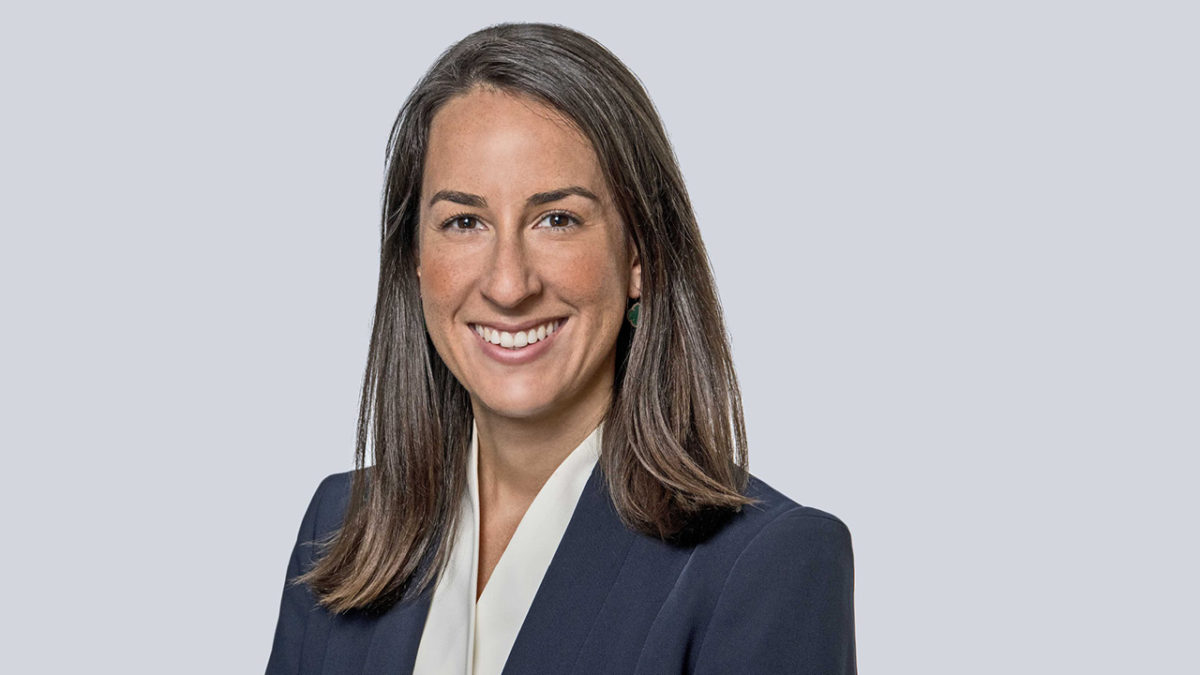For managers: you can get fired over ESG too
One in five Australian institutional investors has terminated a fund manager where ESG factors have been a “primary or major factor” in the decision, according to a survey by bfinance, the global research and institutional advisory business.
A further 41 per cent of those Australian investors surveyed said that, while not the main reason for a termination, ESG had been a “minor contributing factor in at least one termination”.
While the sample is relatively small – 28 investors including 14 super funds – it is representative of the strong trend of growing importance for ESG considerations among investors globally.
Part of a global bfinance report, ‘ESG Asset Owner Survey: How Are Investors Changing?’ the Australian investors also included foundations, insurance companies and family offices. The global survey had 256 institutional investment respondents.
Of the Australians, 39 per cent said “ESG considerations are of high importance” and 57 per cent said they were of “moderate importance”. Among the larger Australian funds, which would be the super funds, 40 per cent of those with more than US$25 billion in assets and 33 per cent of those with US$10-25 billion said ESG was of high importance.
Getting the right information was the major problem for Australian investors, with 35 per cent saying it was a major challenge to obtain consistent reporting on ESG from managers and a further 48 per cent saying those was a minor challenge.
Daniele Goldberg, a bfinance director and consultant in the Sydney office, said: “From our experience ESG has evolved to be a ‘knock out’ rather than a ‘nice to have’ capability for managers. It’s an evolution, but every client has a different interpretation of ESG and different values.”
She said that from conversations the firm had had with asset owners, it was clear that fund managers were under more and more pressure to deliver on ESG promises, particularly in Europe where the big funds remained at the head of the rest in their adoption of ESG principles. “Australia fits in between Europe and the US,” she said.
Perhaps surprisingly, the Australians surveyed also showed that respondents still felt some necessity to validate the investment case for active aspects of ESG, such as “impact” or “thematic” investing, to illustrate there was no performance drag. A total of 35 per cent said this validation was a major challenge and a further 43 per cent a minor challenge.
Goldberg said that Australian funds had tended to approach ESG firstly with an emphasis on good governance by companies, over which there was always less of a performance question mark.
And on the flip side of the readiness for Australian investors to terminate managers because of ESG issues, the survey showed that 48 per cent “strongly agree” that ESG criteria “are important” in selecting external managers. The other 52 per cent “somewhat agree”.
The global study reveals not just the prevalence of ESG integration across a range of asset classes, but also the increasingly broad range of approaches that investors are using in each asset class. Screening, ESG integration, impact investing, thematic investing and active engagement are becoming significantly more popular across equities, bonds and illiquid strategies, bfinance says.
As was evident in both the Australian and global landscapes, institutional investors still felt frustrated about the lack of transparent and standardized data and reporting. The ‘Investment Consultants Sustainability Working Group’, of which bfinance is a member, is seeking to address the issue. Last month the UK-based group, formed in September last year, issued a guide for trustees looking to select consultants on their climate competency.
“Yet diversity has been the order of the day,” the bfinance report says. “Competing ratings providers, competing index providers and competing asset managers that market ESG as part of the ‘special sauce’ are all incentivised to claim a differentiated and superior approach. The onus, investors say, is on legislators and regulators to take a more active lead here and do so in a more globally co-ordinated manner than has been seen to date.”
The global survey shows that 63 per cent of respondents would be “unlikely” to hire an equities manager which was not a signatory to PRI (Principles for Responsible Investing, the London-based global organisation).
Globally, 82 per cent of investors agree – 35 per cent “strongly agree” – that ESG integration will lead to outperformance in equites over the next three years, and 70 per cent (17 per cent) in fixed income.
For a deck of charts on the Australian investors’ responses click here.











